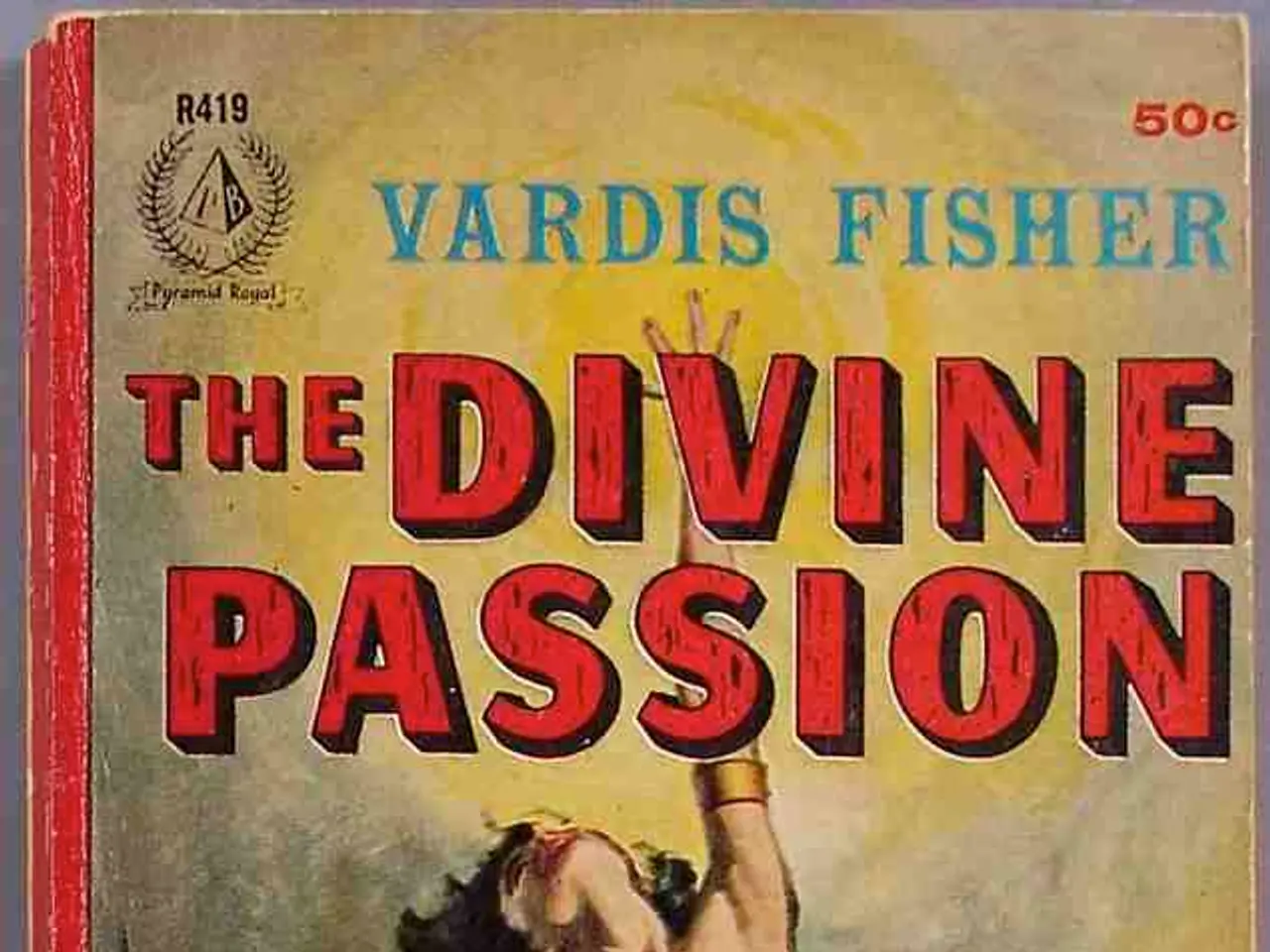Meaning, Origin, and Details of Marie: A Comprehensive Look
In the realm of personal names, few have such a rich and diverse history as Marie. This name, a variant of the widely recognized Mary/Maria, carries spiritual and cultural depth that resonates across the globe.
Origins and Etymology
Marie derives from the Latin Maria, itself from Greek Μαρία (María) and Μαριάμ (Mariám), ultimately from Aramaic maryām or Biblical Hebrew miryām. Proposed meanings include “sea of bitterness,” “rebellious,” “beloved,” "drop of the sea" (a figurative Christian interpretation), and “wished-for child.” The Egyptian root mr meaning "love; beloved" is also a suggested origin. The medieval Christian title for Mary as stella maris ("star of the sea") comes from a Latin scribal error evolving from stilla maris ("drop of the sea"), highlighting the religious symbolism attached to the name.
Religious Connections
Marie/Mary is central to Christian tradition as the mother of Jesus, making it one of the most venerated female names. Jewish tradition also reveres the name Miriam, sister of Moses, associating it with bitter hardship experienced by the Israelites in Egypt.
International Variants
Marie is the French and some English variant of Maria. Other related variants include Mary (English), Miriam (Hebrew origin), Mariam, Maria, Marii, Mariela, Mariana, and combined forms like Maria Laura. These variants adapt to linguistic and cultural forms across Europe, the Americas, and beyond. Some variants are particularly popular in countries such as Italy, Argentina, Mexico, Colombia, Brazil, and the United States.
Popularity Trends
Marie and its related forms remain among the most popular female names globally and have been consistently favored in Christian-majority countries due to religious and cultural tradition. The name Mariam, closely related, has seen rising popularity particularly in the West since the late 20th century, with notable peaks in 2016 in countries like the USA. The usage of these names continues widely, reflecting deep cultural roots and adaptability.
In Germany, Marie continues to be one of the most popular female given names, particularly in federal states like Bavaria and North Rhine-Westphalia. The given name Marie is frequently found in the birth cohorts of the last two decades in Germany. Year after year, the name Marie appears in the top ten of girl's names in Germany.
In conclusion, Marie reflects a deep historical lineage with linguistic roots in ancient Hebrew and Egyptian, layered religious significance tied especially to Christianity, a broad range of international variants, and enduring popularity anchored in both faith and cultural identity. The name encompasses cultural meanings attributed to it in different societies, such as fertility and strength in Egypt, and symbolizing purity and love in Christianity. Many parents choose Marie for its classic elegance and timeless charm, while its international appeal is evident in its popularity in the USA.
In the broader spectrum of personal names and identities, Marie's lifestyle and associated variants such as Mary, Miriam, Mariam, Maria, Marii, Mariela, Mariana, and others carry a rich heritage, stemming from ancient Hebrew and Egyptian roots. This fashion-and-beauty of names, adapted to linguistic and cultural forms across continents, often reflects home-and-garden elements of the societies they are part of, as demonstrated by Marie's continuous popularity in Germany.




